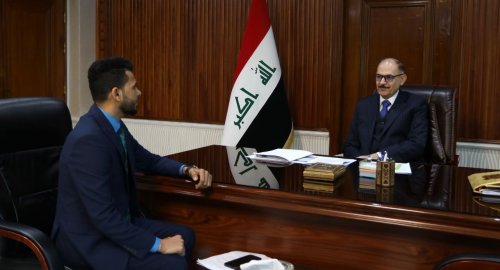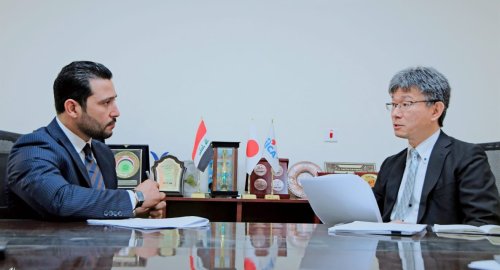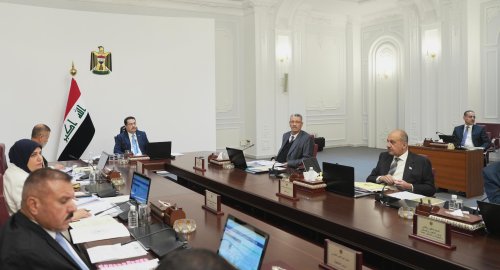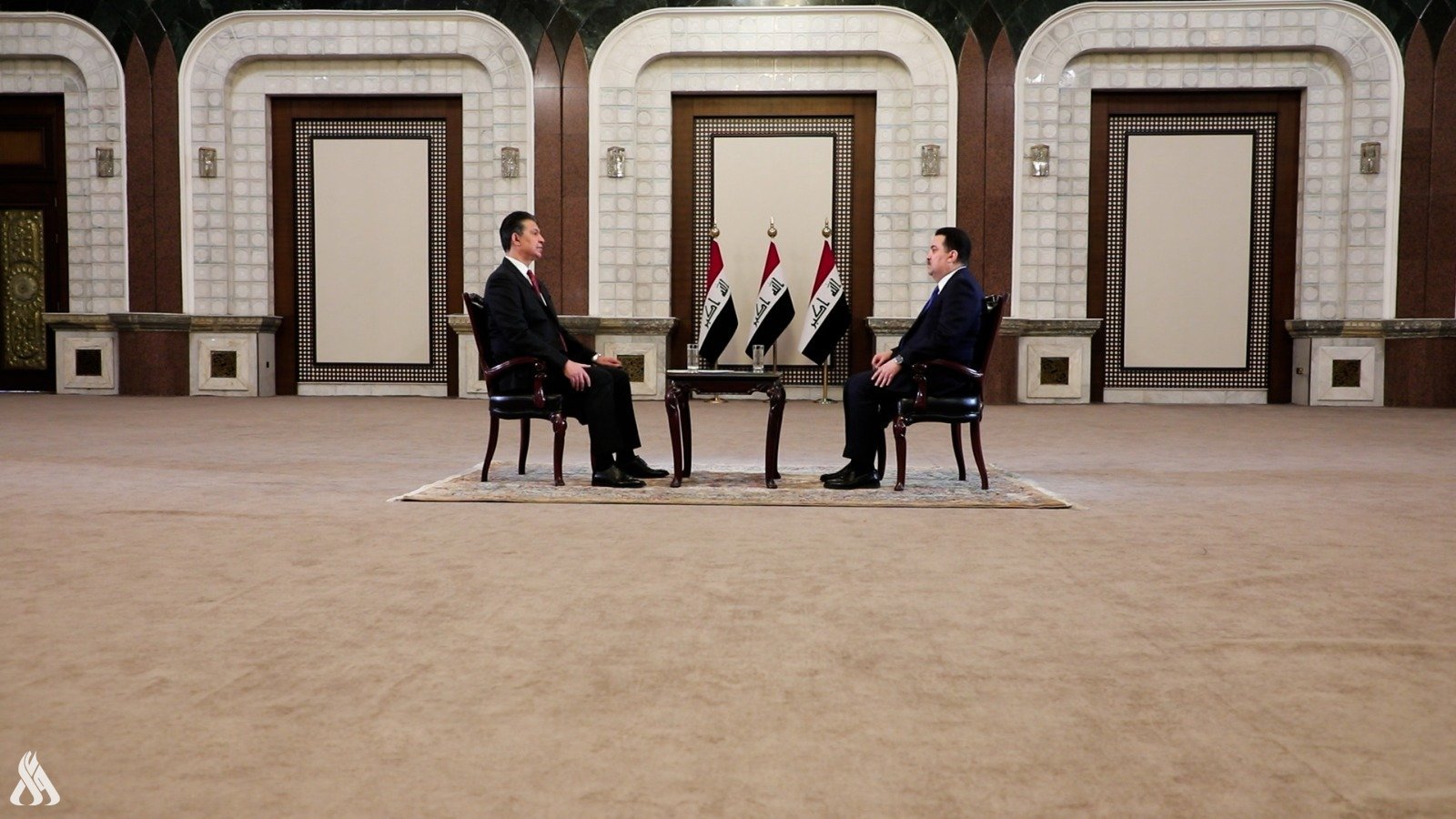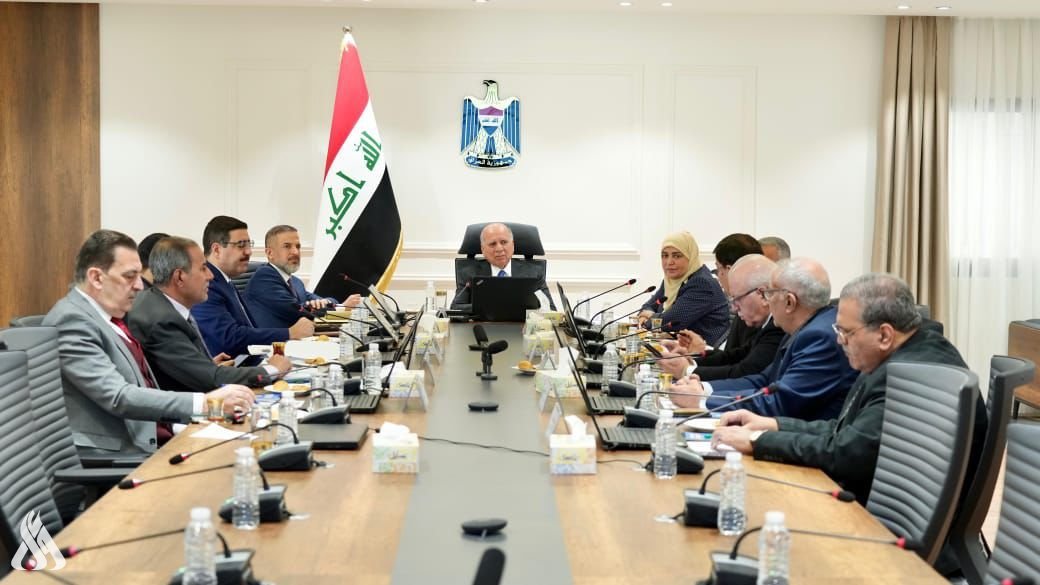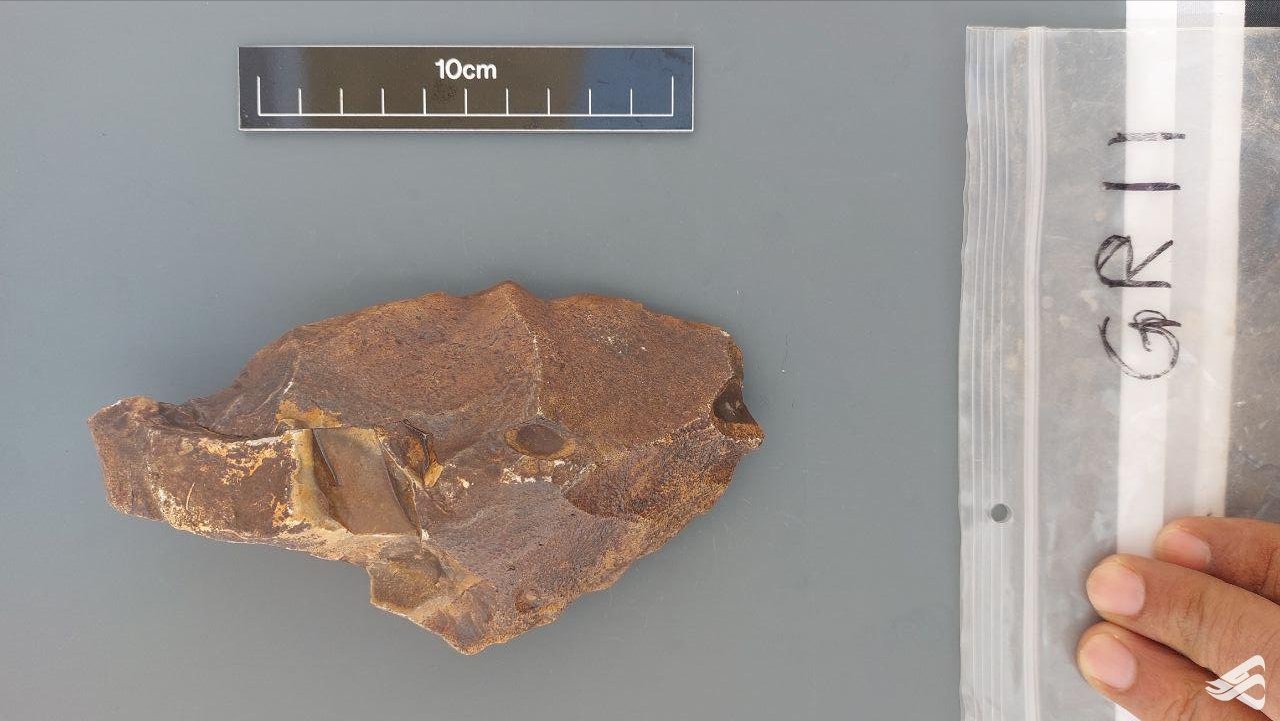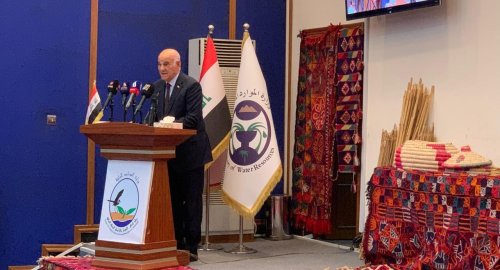
Minister of Water Resources: Iraq is committed to “Ramsar” Convention on wetlands

- 11-02-2024, 12:00
Baghdad - INA
The Minister of Water Resources, Aoun Diab, Confirmed ,on Sunday ,that facing the challenges of climate change requires international cooperation, while pointing to Iraq's commitment to the Ramser Convention on wetlands.
"The event is an opportunity to highlight how all aspects of human well-being are related to the health of wetlands in the world ", said Diab, during the World Wetlands Day and Iraq's accession to the Ramser convention, attended by the correspondent of the Iraqi News Agency (INA ).
Diab pointed out "Wetlands are known the earth kidneys , as they help ensure harmonious coexistence with nature, and one of the most biologically diverse habitats in the world, provide a habitat for many endangered of animals and plants, and provide a lifeline for wastewater species".
He added that" the direction of the Ministry of Water Resources is in harmony with international laws, calling for cooperation between countries in addressing water issues jointly, in addition to fulfilling Iraq's commitment under the Ramser agreement, believing in the importance of cooperation”, noting that "countries alone are unable to find long-term solutions to water problems and meet the challenges of climate change, as well as finding innovative solutions in the field of Water Resources Management”.
He stressed " the principle of rational use of water through education and raising users awareness " noting that "this requires taking responsibility jointly in the conservation of Natural Resources and biodiversity and the sustainability of ecosystem services for marshes and wetlands and reducing migration from agricultural areas and marsh areas to urban areas”.
It is noteworthy that the Ramsar Convention is an international treaty for the conservation and sustainable use of wetlands in order to stop the gradual increase in the loss of wetlands in the present and future and to correct the basic ecological functions of wetlands and the development of their economic, cultural, scientific and recreational value.
Christmas Mass atmospheres in Baghdad, Iraq
- Local
- 09:46
PM Al-Sudani participates in the Christmas Eve Mass
- politics
- 09:14
'Iron Man’ suit for paralyzed patients to walk and climb stairs
- Multimedia
- 09:07
US Central Command: We killed ISIS terrorist leader Abu Yusuf in Syria
- International
- 24/12/20
Liverpool compete with Real Madrid to sign Olympique Lyonnais star
- Security
- 24/12/19
The discovery of Pre-Christian human settlement sites in Iraq
- Investigations and reports
- 24/12/18

